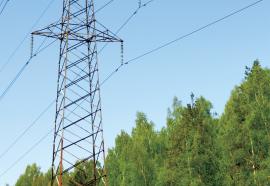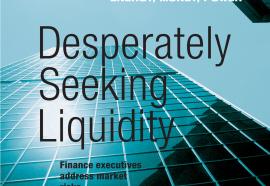A Voice for Smart-Grid Security
Who will oversee the industry’s cyber standards?
Who will oversee the industry’s cyber standards? Effective security calls for a single organization to set standards that will protect the smart grid. The industry is struggling to reach consensus over authority, scope and funding for its new security apparatus.










